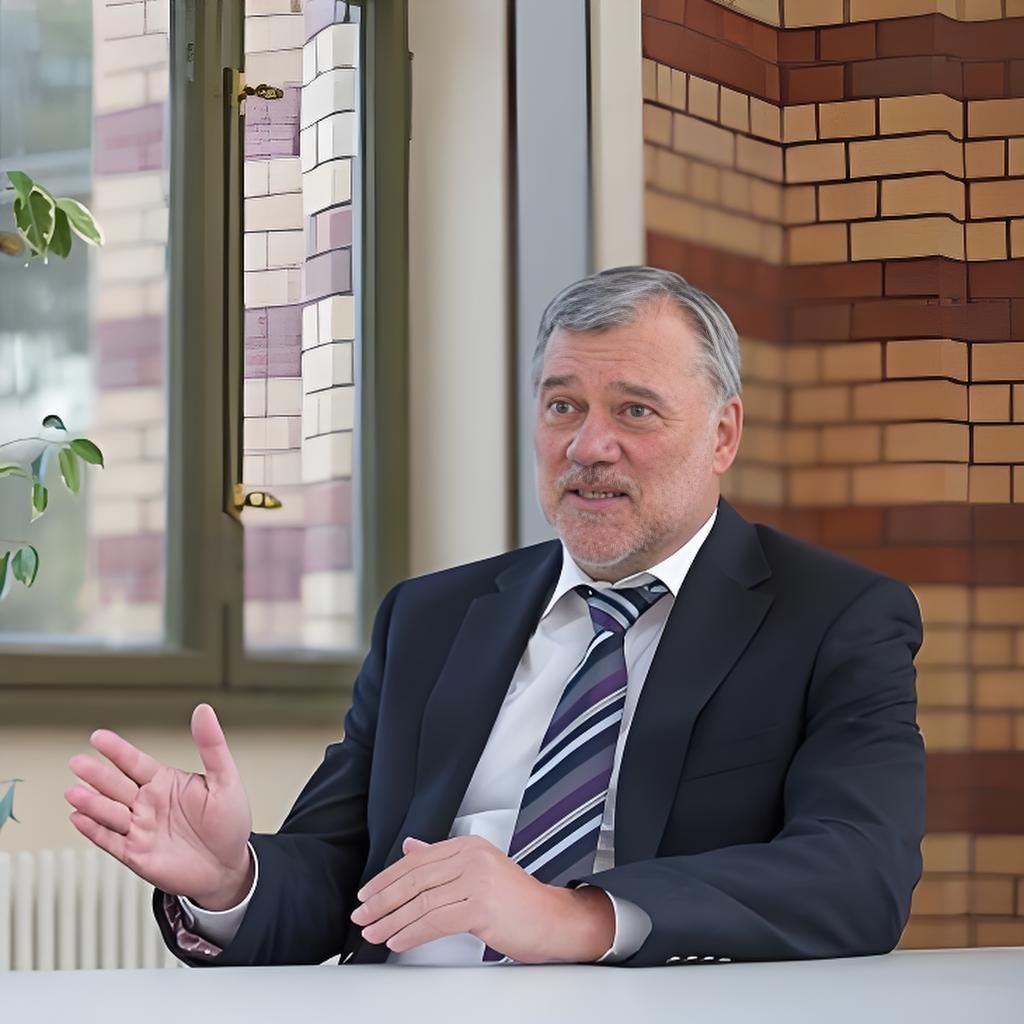Title: Complex Network Approaches for Controlling Systems
Abstract: Various complex systems can be well described by complex networks. Recent developments have enabled to include more realistic cases, in particular via adaptive coupling, heterogeneous layers and higher-order topology. There has been much recent progress in understanding their complex dynamics concerning stability and control. Based on these theoretical achievements some applications will be discussed covering modern power grids, socio-ecological co-evolution, and cognition processes.

Biography:Jürgen Kurths is a mathematician and a physicist. He received the Ph.D.degree from the GDR Academy of Sciences and his Dr. habil. from the university of Rostock. He is a Professor of Nonlinear Dynamics at the Humboldt University, Berlin, and a Senior Advisor of the Research Domain Complexity Science of the Potsdam Institute for Climate Impact Research.
He is a Fellow of the American Physical Society, of the Royal Society of Edinburgh and of the Network Science Society and a member of the Academia Europaea. He received an Alexander von Humboldt Research Award in 2005 and 2021, the Richardson award from the European Geoscience Union in 2013, the Lagrange Award in 2022, the Chime Bell Price of the Hubei Province and the SigmaPhi Prize of the European Physical Society in 2023 (together with Nobel Price winner Michael Kosterlitz). He is Chapman Chair of the university of Fairbanks, Distinguished Professor at Fudan University, and Distinguished Adjunct Professor at KENTECH (Korea). He is a highly-cited researcher (Clarivate) since 2017 without interruptions and got eight Honorary Doctorates and Honorary Professors. He is Editor-in-chief of CHAOS – A Journal of Nonlinear Science and editor of further journals.
The primary research interests of Jürgen Kurths include complex systems science, in particular synchronization, complex networks, extreme events and time series analysis and its applications in Earth Sciences, Physiology, engineering and others.